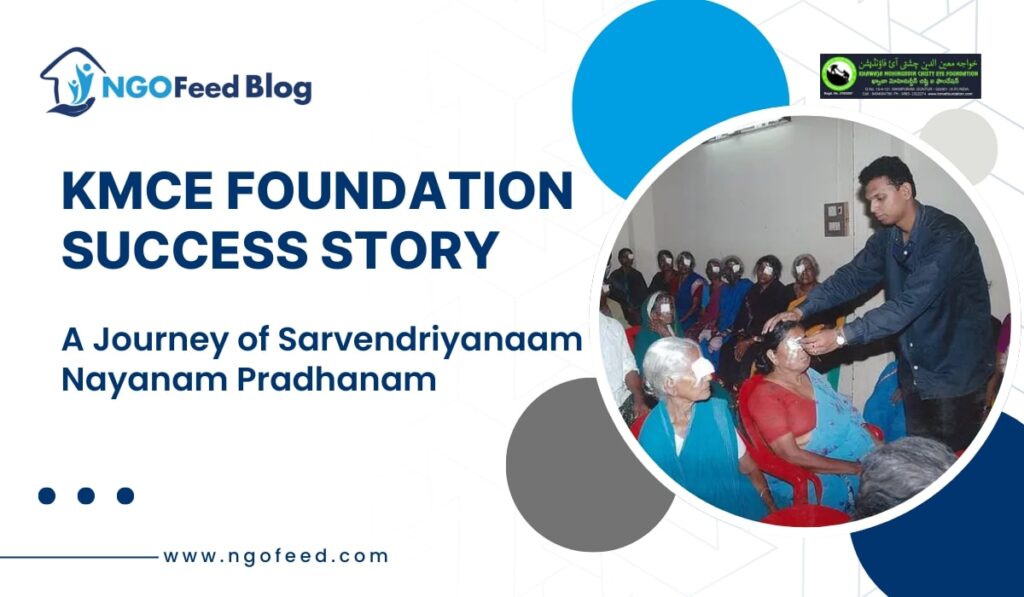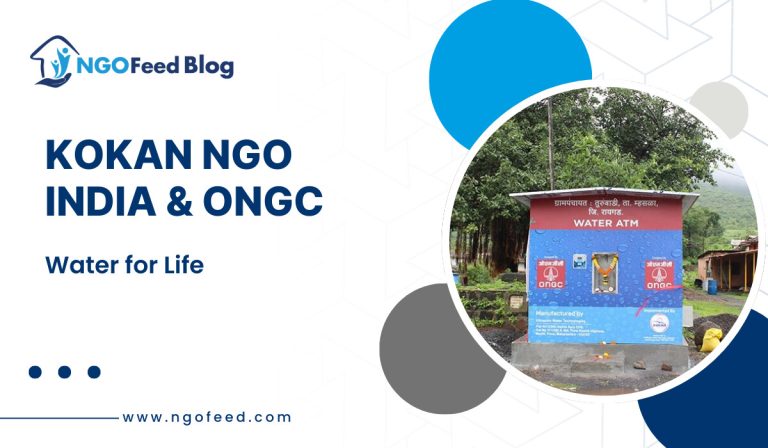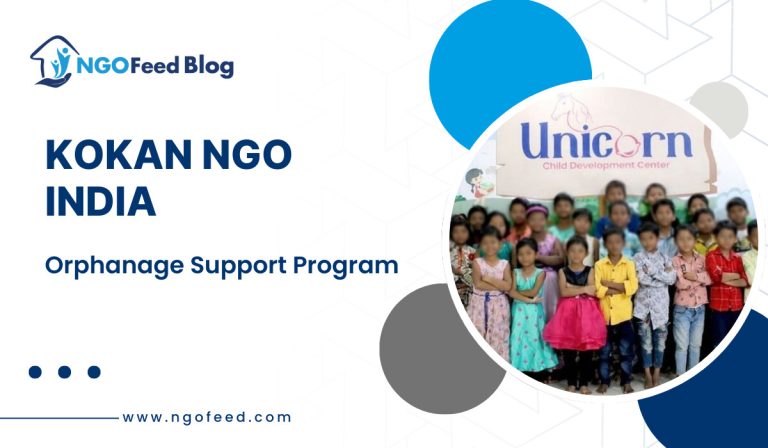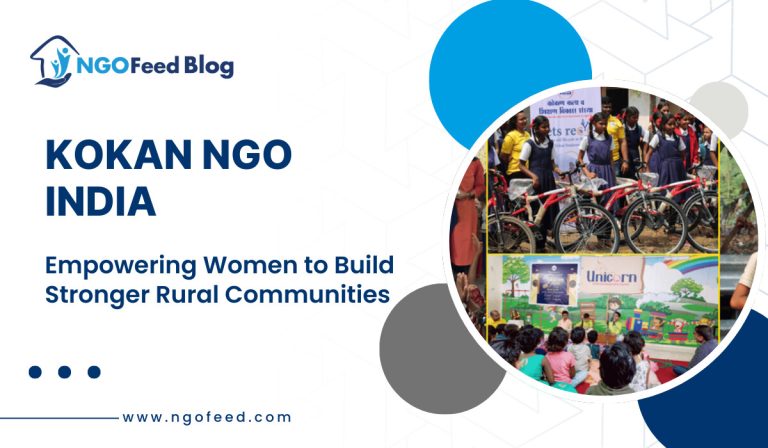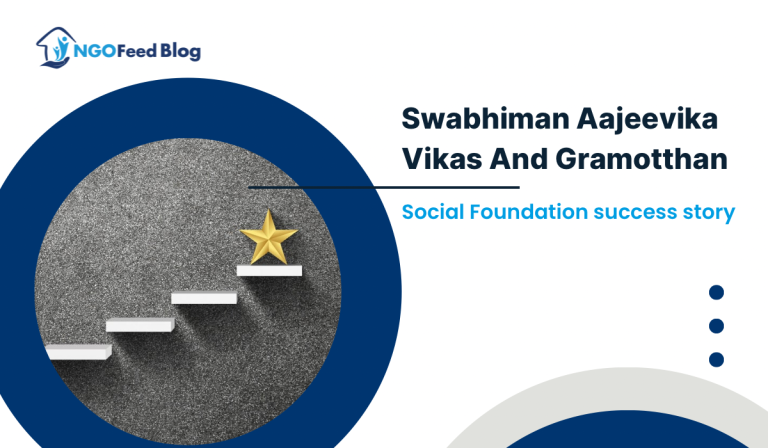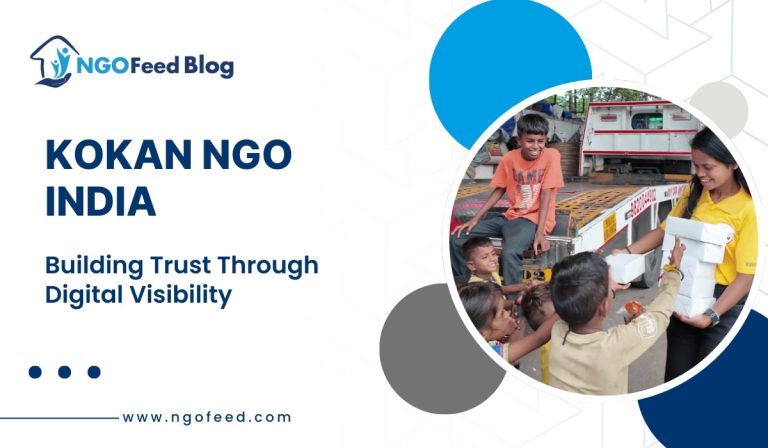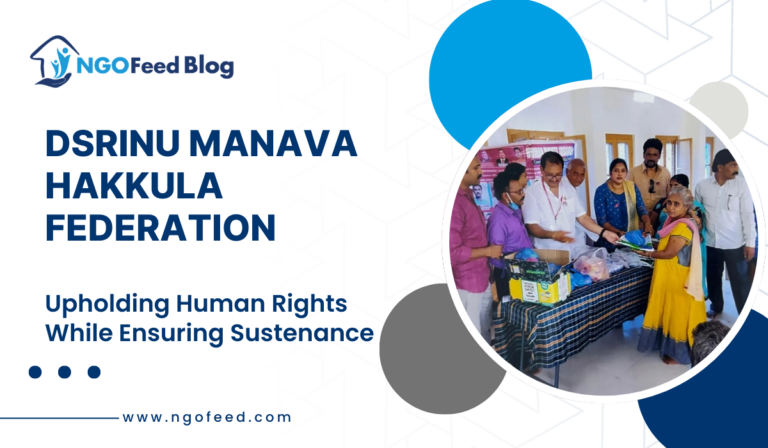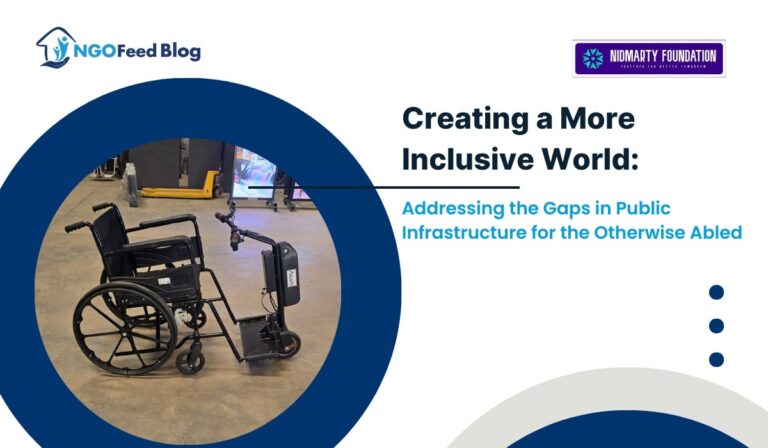KMCE Foundation Success Story: was founded in 2007 in Guntur, Andhra Pradesh. Our vision is to help poor and needy ones of India. The foundation works to support educational, medical and social causes, focusing on the relief of poor widows, unmarried girls, and aged parents and providing them with a new life.
The organization was founded by Mr. Shaik Bajit Basha with a mission to provide vital services that uplift vulnerable communities and offer dignity, support, and opportunities for growth.
Table of Contents
KMCE Foundation Vision and Mission
- To help poor and needy ones of India.
- To support children, widows, aged parents and marginalized groups with essential education, healthcare and livelihood support.
- To provide food, shelter and financial assistance to improve the quality of life of underprivileged communities.
KMCE Foundation Success Story on Various Categories
1. Educational Support
- To run, maintain, or assist any educational or other institutions for coaching, guidance, counselling or vocational training.
- To grant individual scholarships for poor, deserving and needy students for elementary and higher education, computer courses and advanced professional courses.
2. Medical Assistance
- To run, maintain or assist any medical institution, nursing home or clinic.
- To grant assistance to needy and indigent persons for meeting the cost of medical treatment.
3. Relief of the Poor, Widows and Aged Parents
- To provide financial assistance in kind by way of distribution of books, notebooks, clothes, uniforms or meals for the poor.
- To support self-employment initiatives for underprivileged individuals.
- Daily food distribution for 1,000 poor members, especially targeting those without shelter who wait for meals.
Children Without Parental Care
According to UNICEF, children worldwide lose their parents due to conflict, poverty, disability or HIV/AIDS. A large population of children grow up without one or both parents and are at high risk of abuse, exploitation and neglect.
- Many children end up in institutional care, which often provides inadequate individual attention, leading to social and emotional impairment.
- Children may be destitute due to the illness, death or imprisonment of parents, separation from migration, armed conflict, removal by child welfare authorities, detention or even by choice when fleeing abusive homes.
- In India, the parent-child relationship is often viewed through obedience rather than as a right of the child. As a result, when children are separated from parents, the state does not always provide a family environment.
Adoption in India
- Adoption is supervised by the state but there is no long-term foster care or alternate care system outside of institutionalization.
- UNICEF estimates that in 2007, there were 25 million orphaned children in India.
- Another study indicates 44 million destitute children and over 12 million orphan and abandoned children, but only 5,000 (0.04%) adoptions occur annually.
- Institutions for children in conflict with the law host about 40,000 children.
Need for Alternate Care
- There is a wide gap in awareness and attitudes towards adoption across socio-economic groups.
- The state must promote child adoption and create a system of non-institutional care for children above adoption age.
Major Problems Identified
During intervention in slums, KMCE FOUNDATION studied the exploitation faced by children:
- Child Exploitation: Street and working children are often exploited by petty shopkeepers, dhaba owners and others with no accountability.
- Vulnerability of Street Children: They live in sheds, pavements or slums, surviving through begging, rag picking, shoe polishing or working in food stalls.
- Exposure to Crime: Such children are lured into criminal activities like snatching, pilfering and stealing, eventually becoming smugglers or gang members.
- Exploitation of Girl Children:
- The girl child is most vulnerable to sexual exploitation.
- Many are molested even before the age of ten and forced into commercial sex work.
- Over time, they face serious health issues, including HIV/AIDS.
Proposed Intervention: Food Distribution Program
To address the immediate needs of destitute and vulnerable children, KMCE FOUNDATION intends to:
- Set up a Food Distribution Program in ten orphanage homes in Guntur District, Andhra Pradesh State.
- Target both boys and girls who are street children, orphans or abandoned.
- Provide protection against sexual abuse, physical deprivation and neglect.
- Empower children to grow into responsible citizens of India through nourishment and care.
Conclusion
KMCE FOUNDATION is dedicated to supporting the most marginalized communities in India by addressing their educational, medical and social needs. By running targeted programs such as food distribution for orphanages, scholarships for poor students and relief for widows and aged parents, the foundation works toward building a future where no child or individual is left without dignity, care and opportunity.

